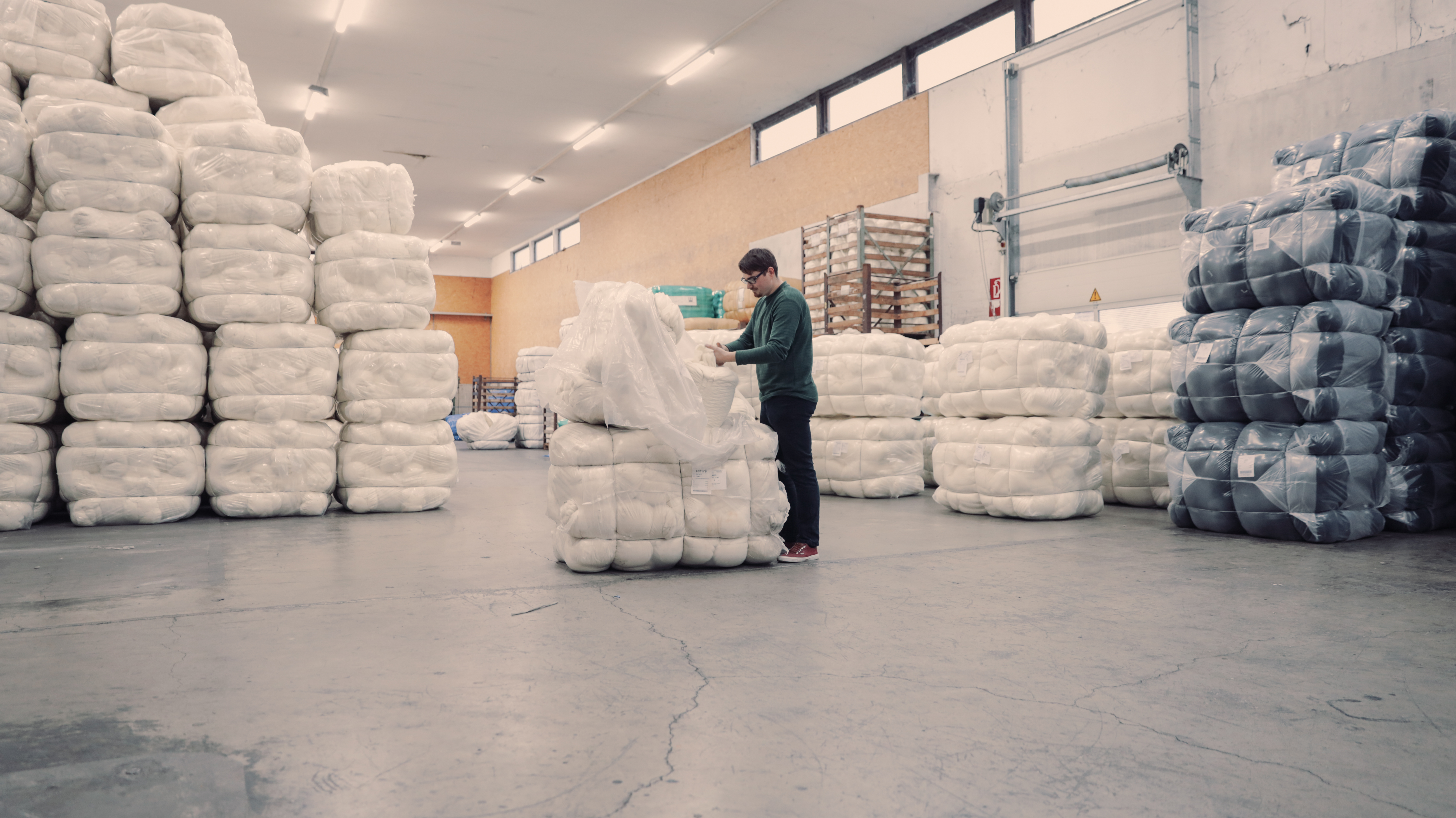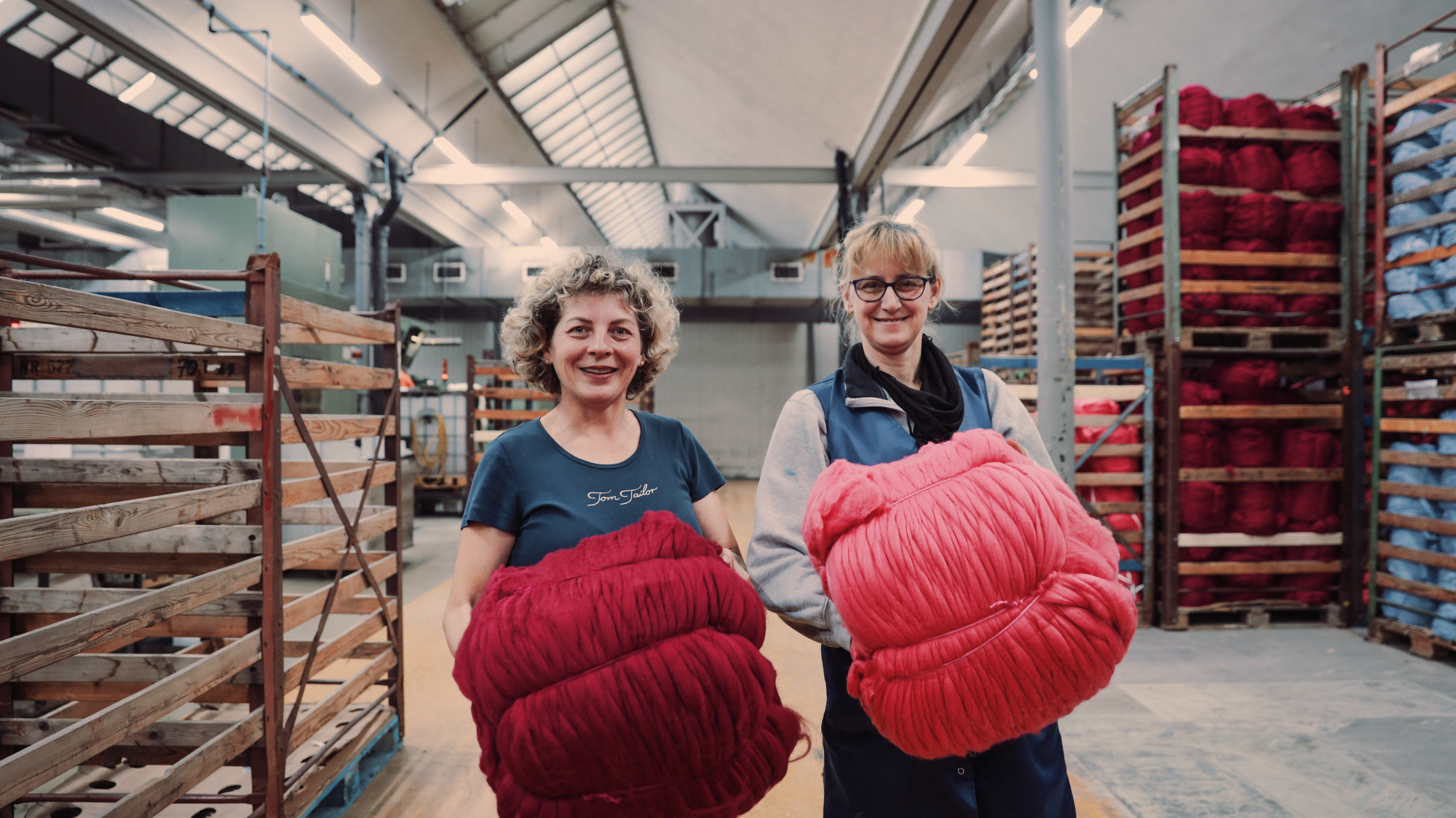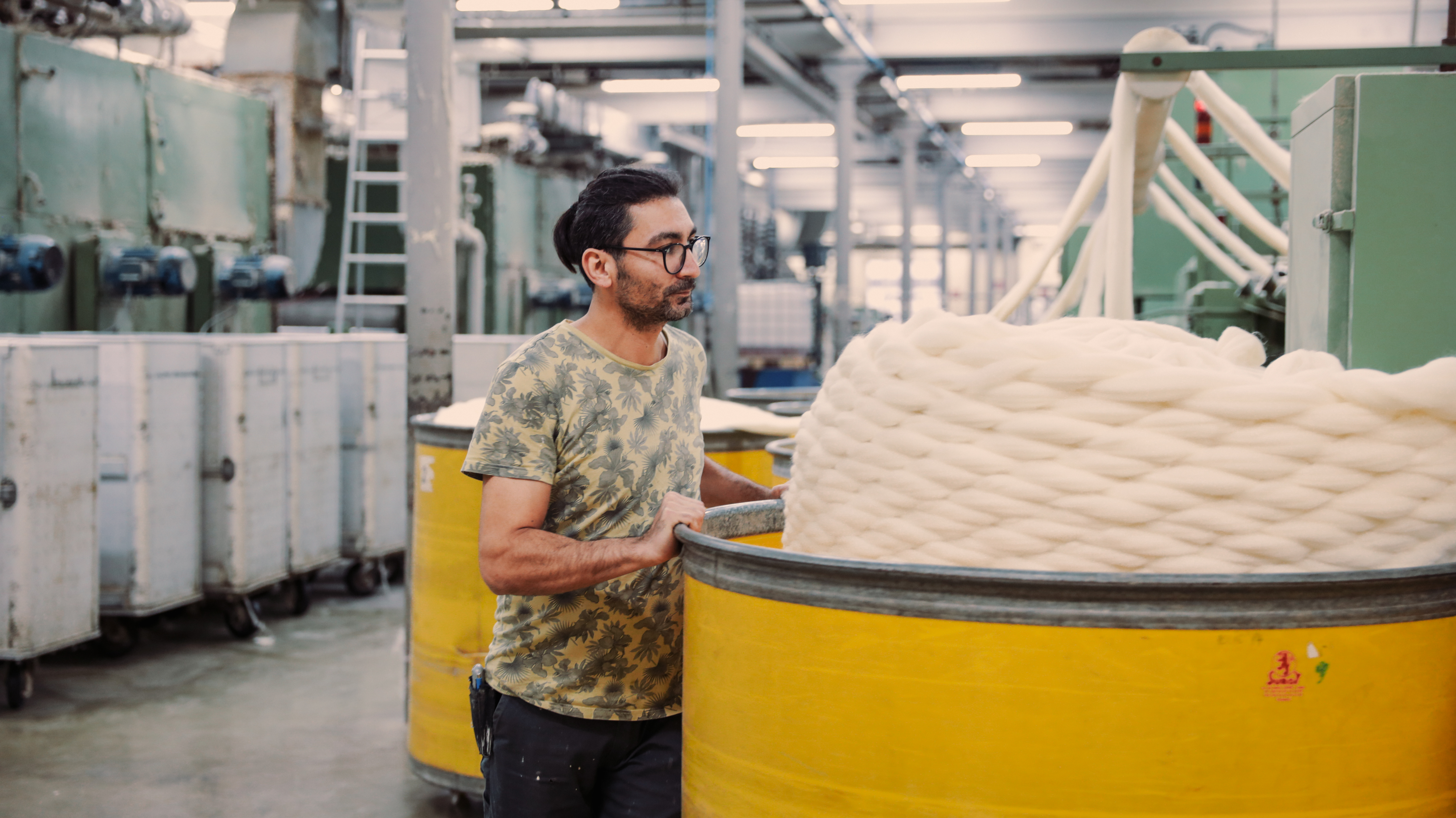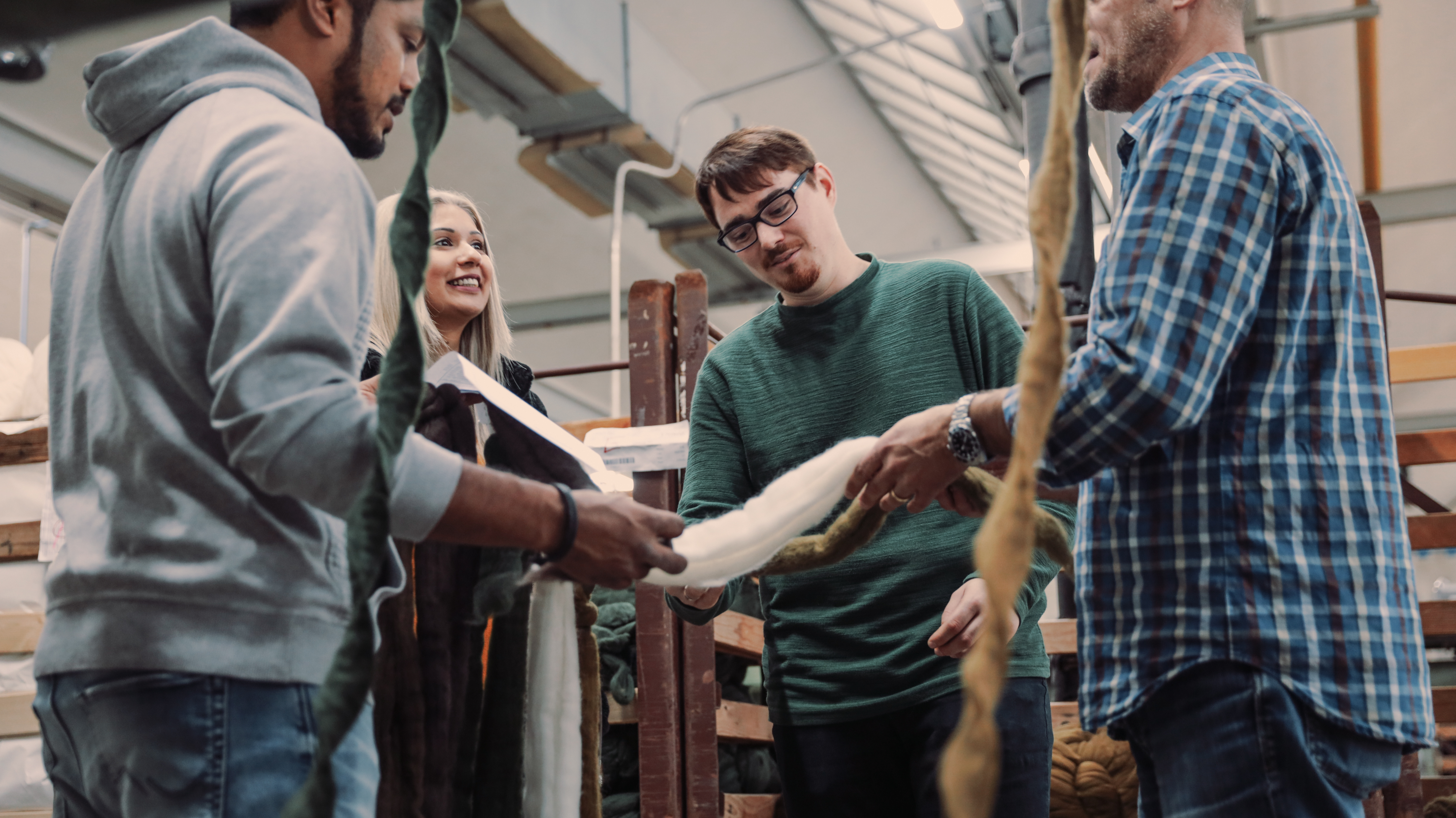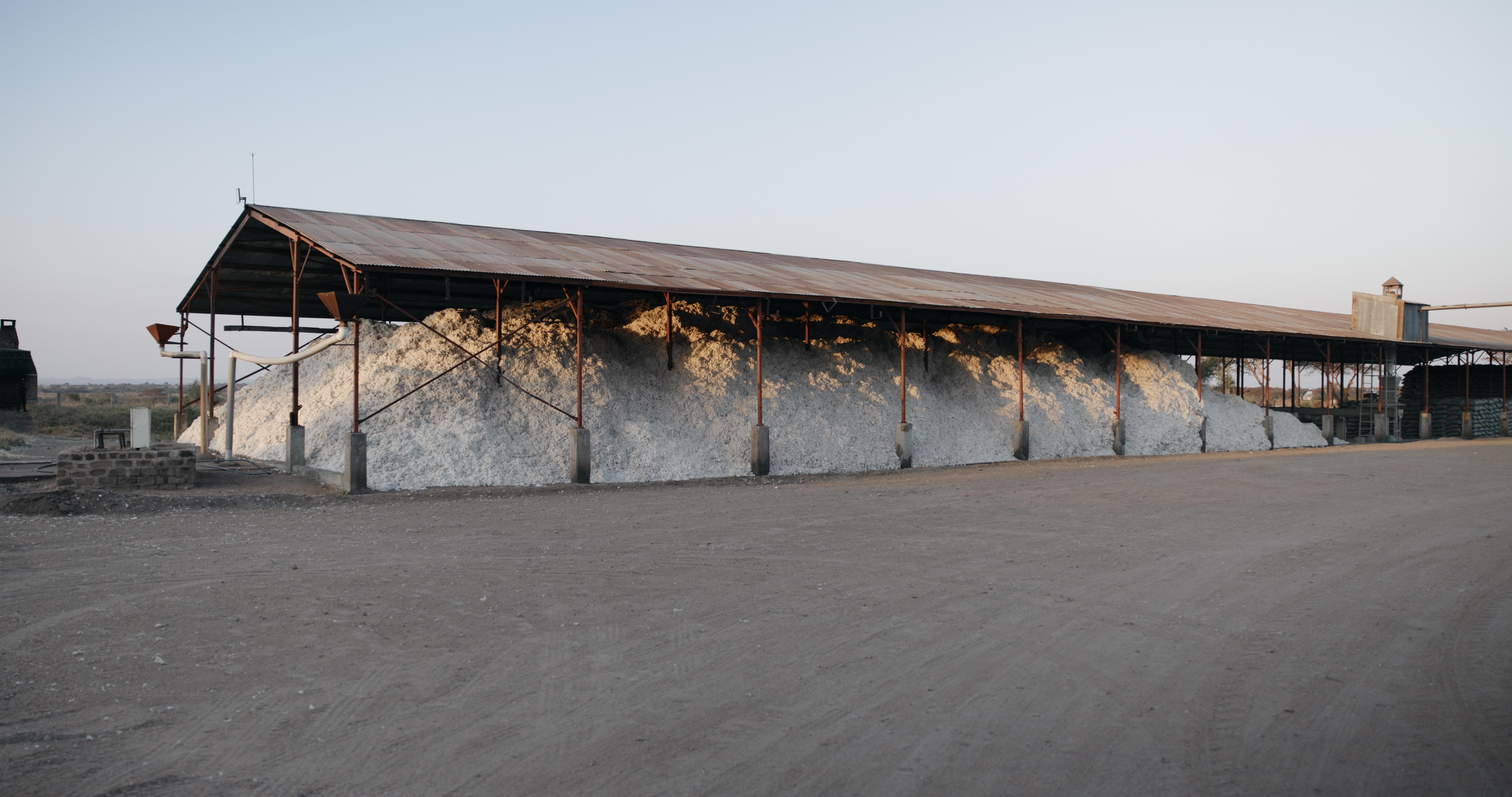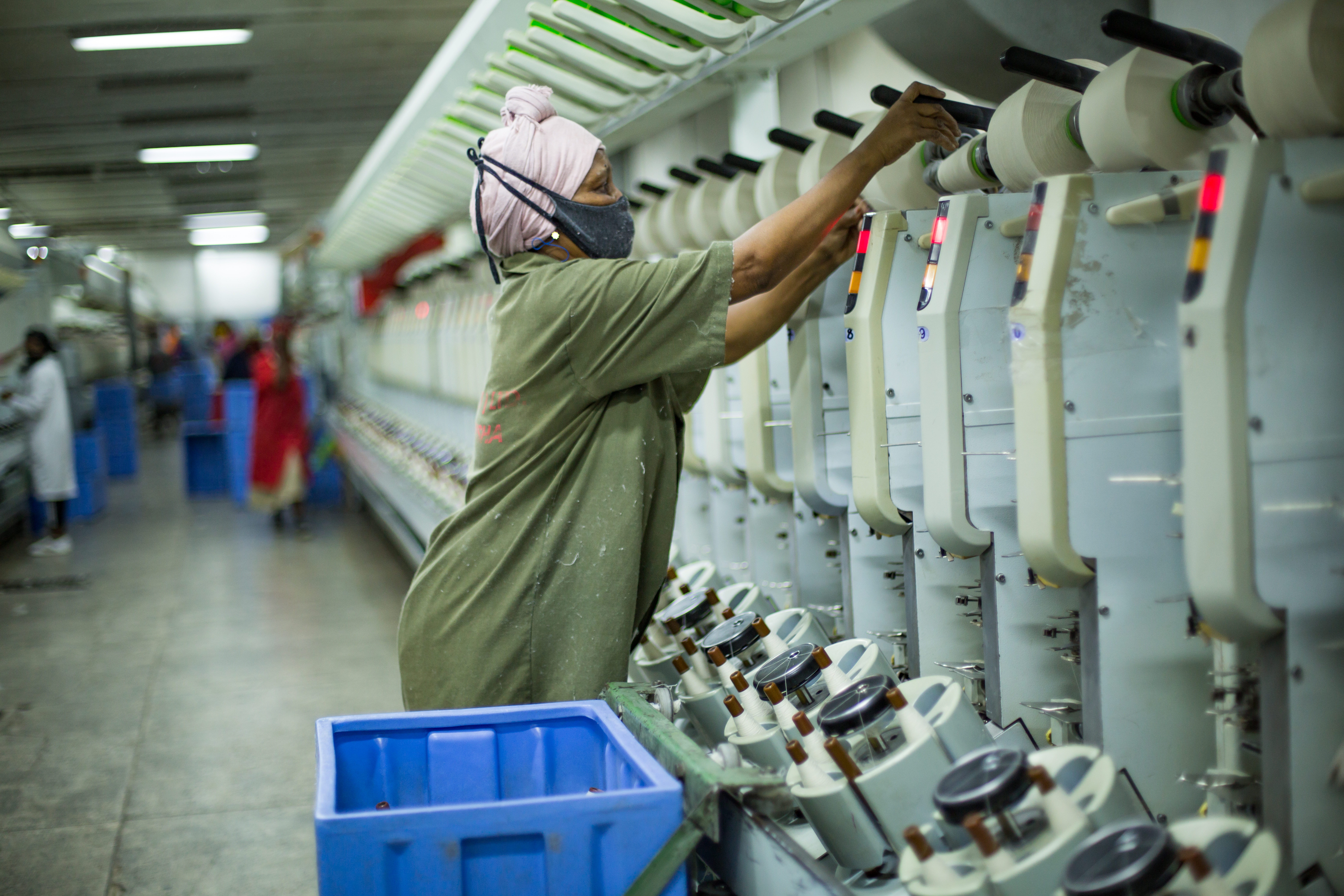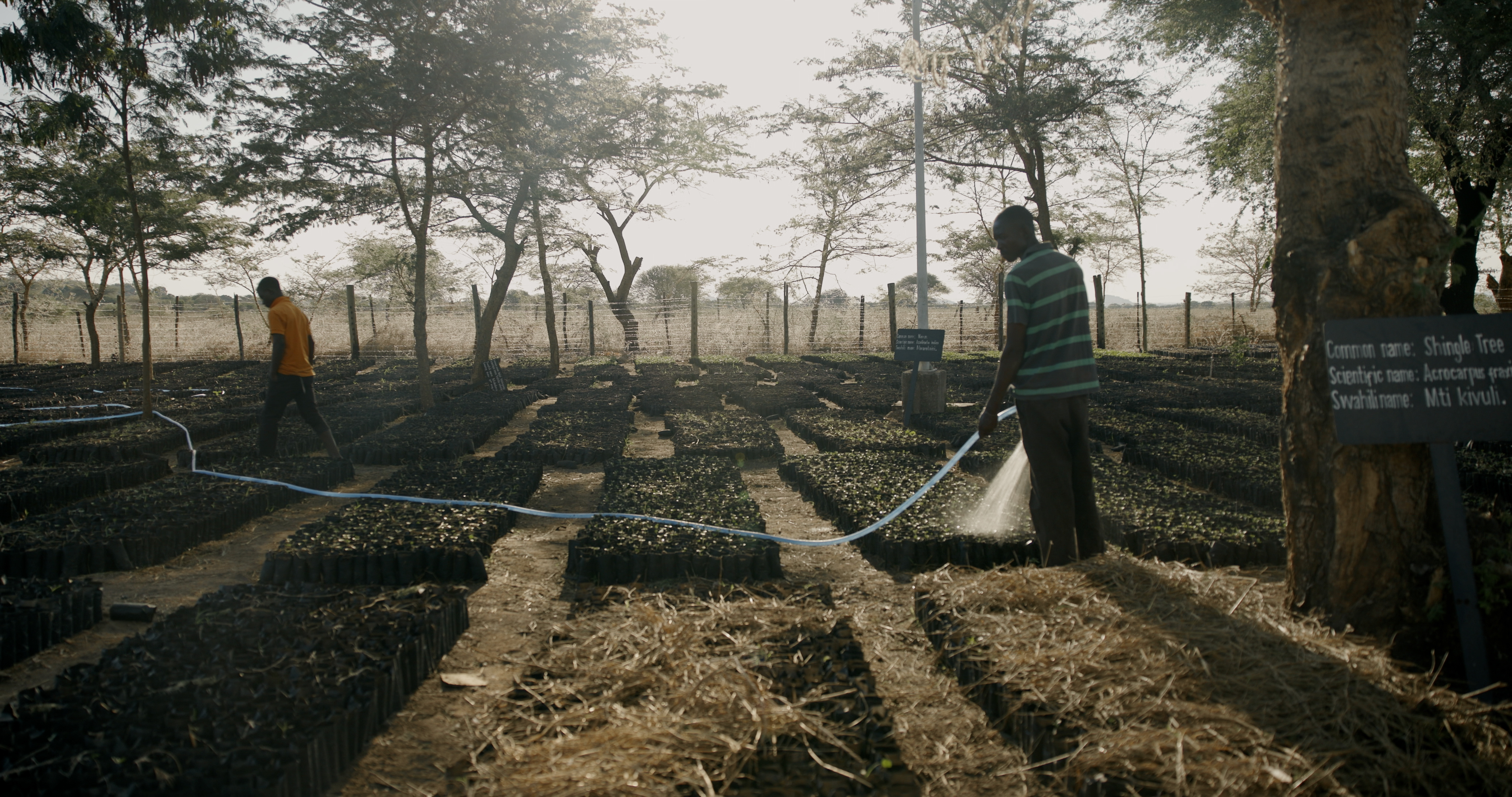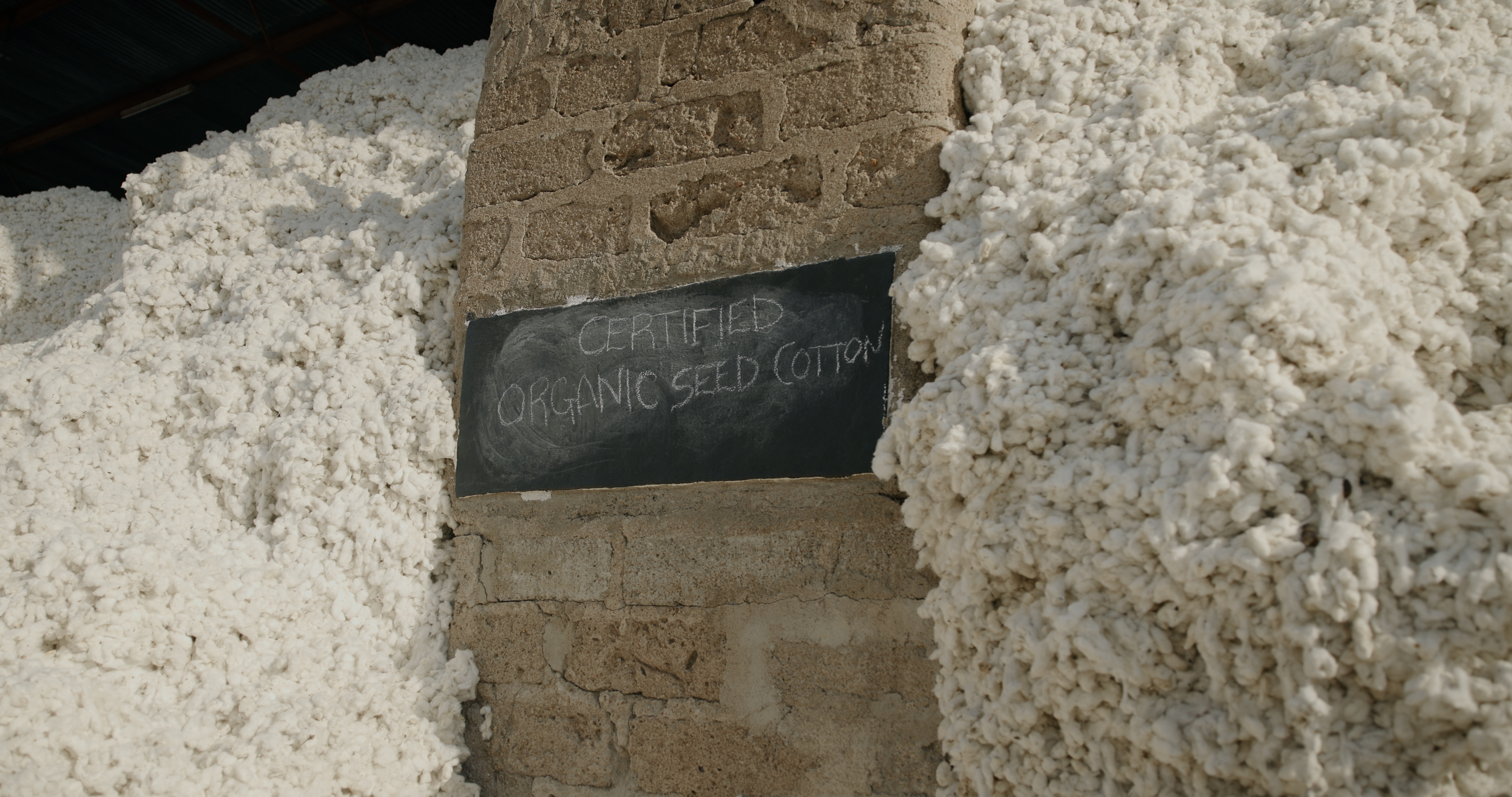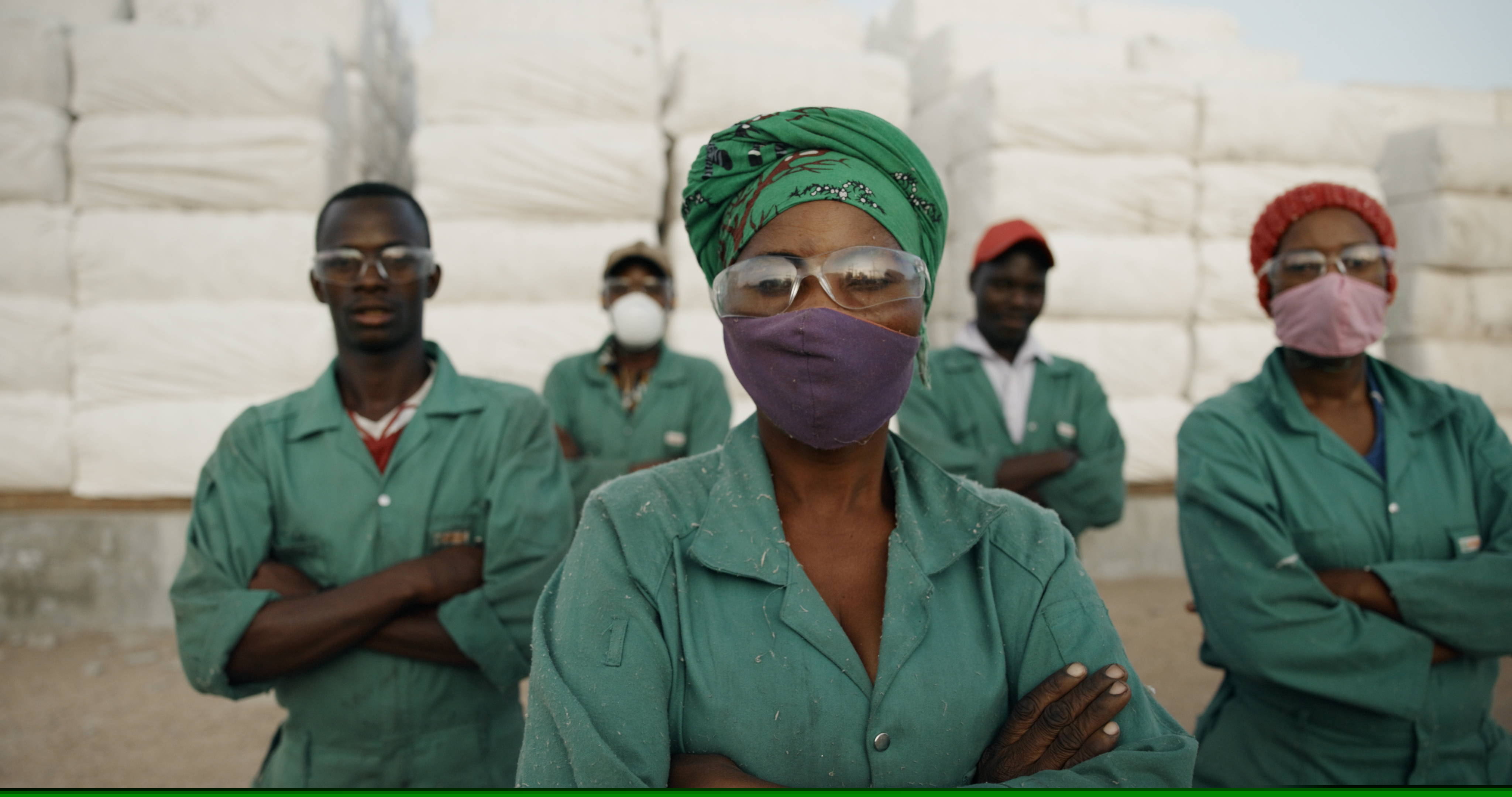GOTS Case Study:
LangerChen
A Sustainable Journey from China to Europe
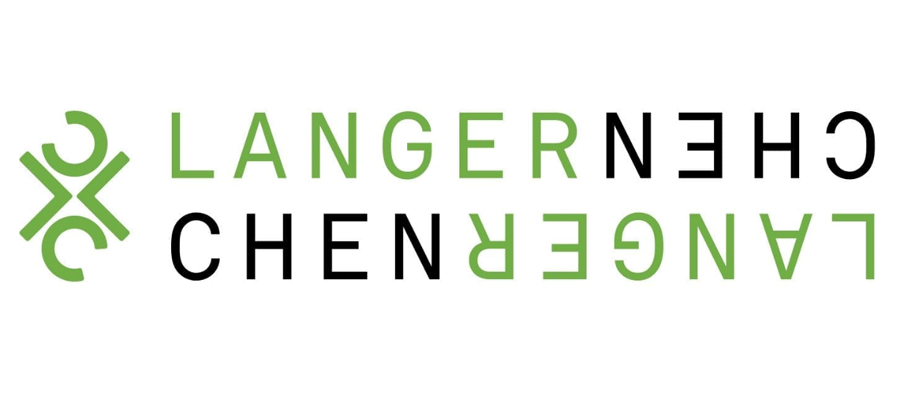
Company Snapshot
Location: Tutzing, near Munich
Year founded: 2008, first LangerChen collection in 2013
Year of GOTS certification: 2014 and 2021
Number of employees: 110 employees in China and 10 in Tutzing
Types of products: Eco Outerwear Coats, Jackets and Accessories
Number or quantity of material or products produced: Every year we produce a spring/summer and an autumn/winter collection according to customer orders. We have around 250 customers in central to northern Europe and Canada.
How much of it (material/products) is GOTS certified: In the actual spring/summer collection, 3 out of 34 models are GOTS certified, in the fall/winter collection it is 11 out of 45 models
Where can consumers find your products? www.langerchen.com
and in numerous shops that sell our products:
https://www.avocadostore.de
https://loveco-shop.de
https://rrrevolve.ch/stores,
and from spring 2024
https://www.manufactum.de
A Commitment to Fairness and Eco-Fashion
LangerChen, founded by Miranda Chen and Philipp Langer in 2008, has redefined "Made in China" in the fashion industry. Its story began with the establishment of Jiecco, a textile manufacturer in China. The vision was clear: to create environmentally friendly and ethically produced textiles in a region often associated with mass production and subpar working conditions.
That passion for fashion and an expertise in fabric development were the foundation for LangerChen's eponymous fashion label emerged in 2013. Since then, it has become synonymous with fairness, quality, and timeless style.


Eco-Fashion: Where Style Meets Ethical Production
Combining organically certified natural fibres with technical membranes LangerChen creates weather resistant eco-outerwear that blends fashion with function. Its commitment to social responsibility, sustainable practices, and the environment is evident in every aspect of operation. LangerChen manages the entire production process, from fabric to finished jacket, in its own GOTS-certified facility, located just an hour from Shanghai.
In the LangerChen factory in China, the company has established not only a transparent supply chain but a close-knit team. With a strong focus on employee welfare, company owners and managers know each of their 110 long-term employees personally. LangerChen pays fair wages, ensuring that good working conditions are maintained. Going a step further, it organises daily transportation for the team, fostering an inclusive and sustainable working environment.
GOTS: Elevating Sustainability Standards
In 2014, LangerChen’s production site achieved GOTS certification, marking a significant milestone in its journey. The choice of GOTS reflects its commitment to the highest standards for environmental and social practices. In 2021, European distribution completed the certification of the supply chain in order to provide customers with the security of a fair and sustainable product with the GOTS seal.
Aligning with the strict criteria of GOTS has had an influence throughout the company’s operations. Not only has it enforced measures to maximise resource conservation and minimise its carbon footprint, its entire production process revolves around the GOTS principles. That means ensuring that it produces only what is needed, reduces excess quantities, providing an in-house repair service for garment longevity, and decreasing plastic packaging. Even transportation is optimised for minimal CO2 emissions.
In the fashion industry, where change is often slow, LangerChen's commitment to responsible production sets the bar high, demonstrating that 'Made in China' can signify ethical practices, quality, and timeless fashion.


Read more …Case Study: LangerChen



